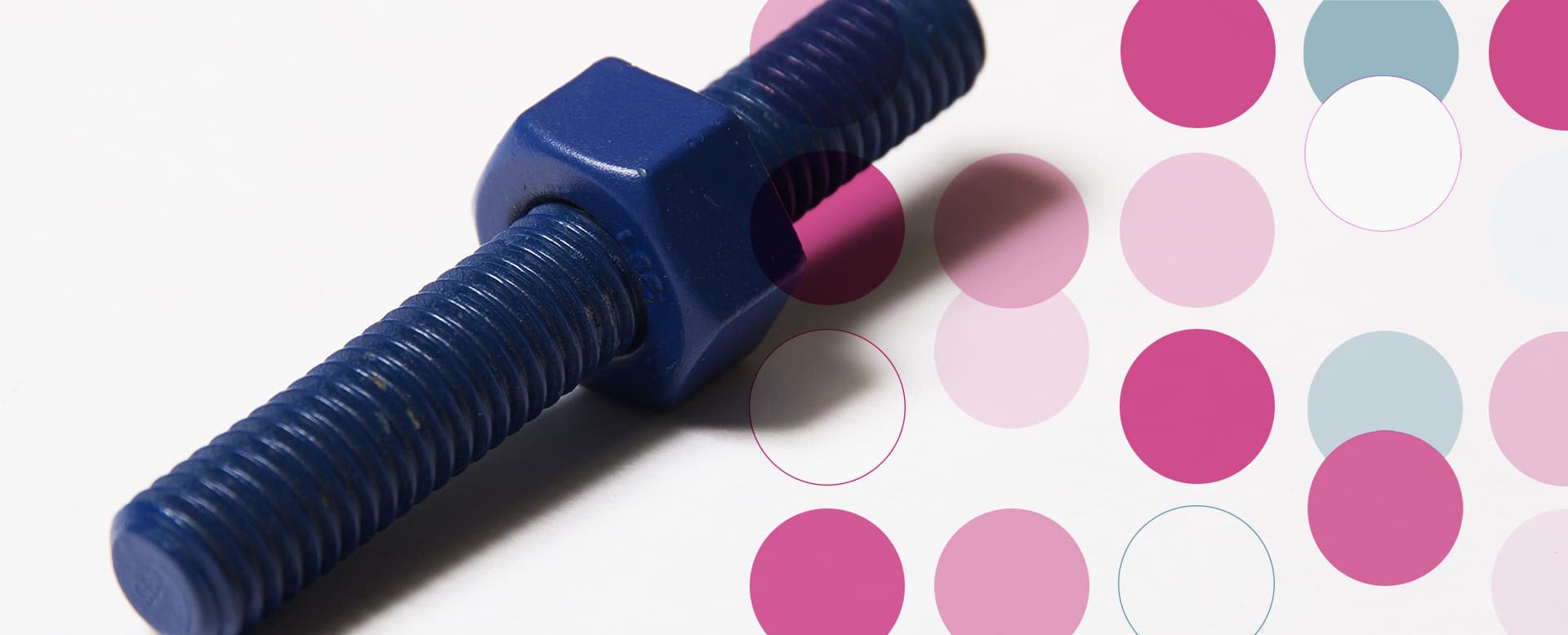In the world of protective coatings, combating corrosion is a significant challenge. Corrosion resistant coatings are essential in extending the life and maintaining the integrity of various materials, especially metals. At Marcote, we utilise two primary methods for applying corrosion-resistant coatings: physical barriers and galvanic layers. Here’s a closer look at these two methods.
Physical Barrier Coatings
The first method involves creating a physical barrier between the material and the corrosive environment. This barrier is typically a non-porous or non-permeable layer that prevents corrosive agents – like water in the case of atmospheric corrosion – from penetrating and reaching the material’s surface. In these cases, Marcote employs fluoropolymers for their long-lasting protective qualities.
An intriguing aspect of physical barrier coatings is their ability to incorporate static dissipative properties. While often confused with conductive coatings, static dissipative versions serve a dual purpose: they disperse static electricity while offering robust corrosion protection. This feature is particularly beneficial in environments where both static buildup and corrosion are concerns.
Galvanic Protection
The second method used by Marcote is galvanic protection, an ingenious approach where the coating itself corrodes in place of the substrate. This method is particularly effective in environments like saltwater, where corrosion is aggressive. Materials such as Aluminium or Zinc are applied over steel. These metals act as a sacrificial layer, corroding in place of the steel, thus preserving the integrity of the underlying material. The application of these galvanic coatings is typically achieved through a thermal spray process.
Surface Preparation
Regardless of the chosen method, Marcote emphasizes the importance of thorough surface preparation. This crucial step usually involves sand blasting, which effectively cleans and prepares the surface for the coating application. This preparation ensures maximum adhesion and effectiveness of the corrosion-resistant layer. Find out more about sand blasting here.
Want to get started with your corrosion resistant coating? Get in touch with one of our friendly professionals here.

